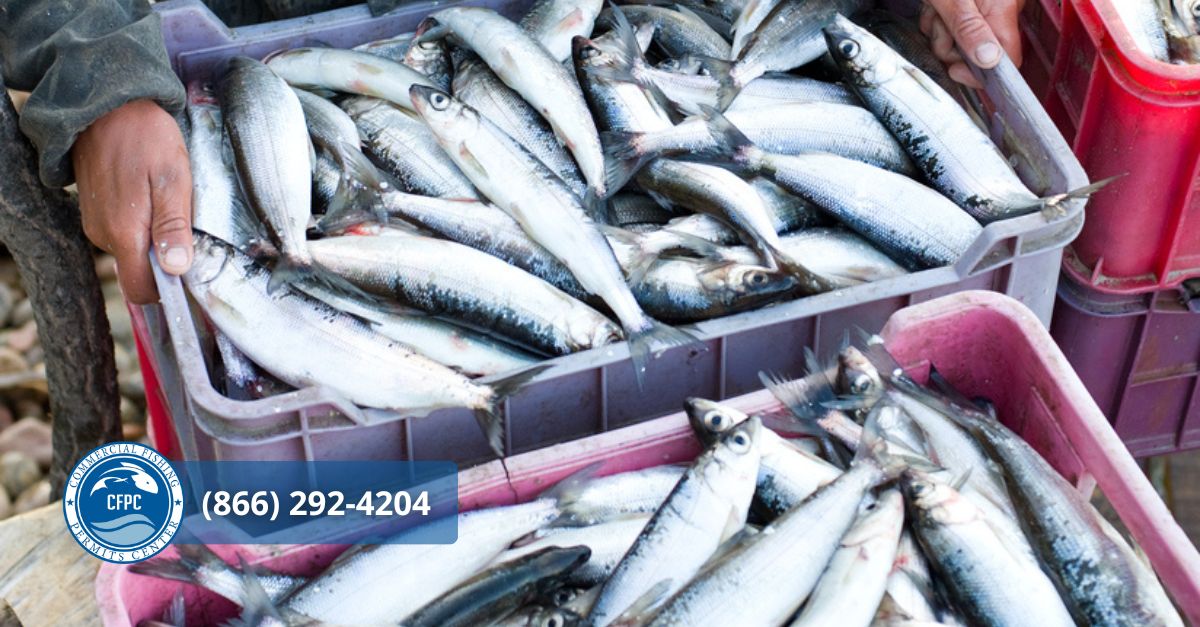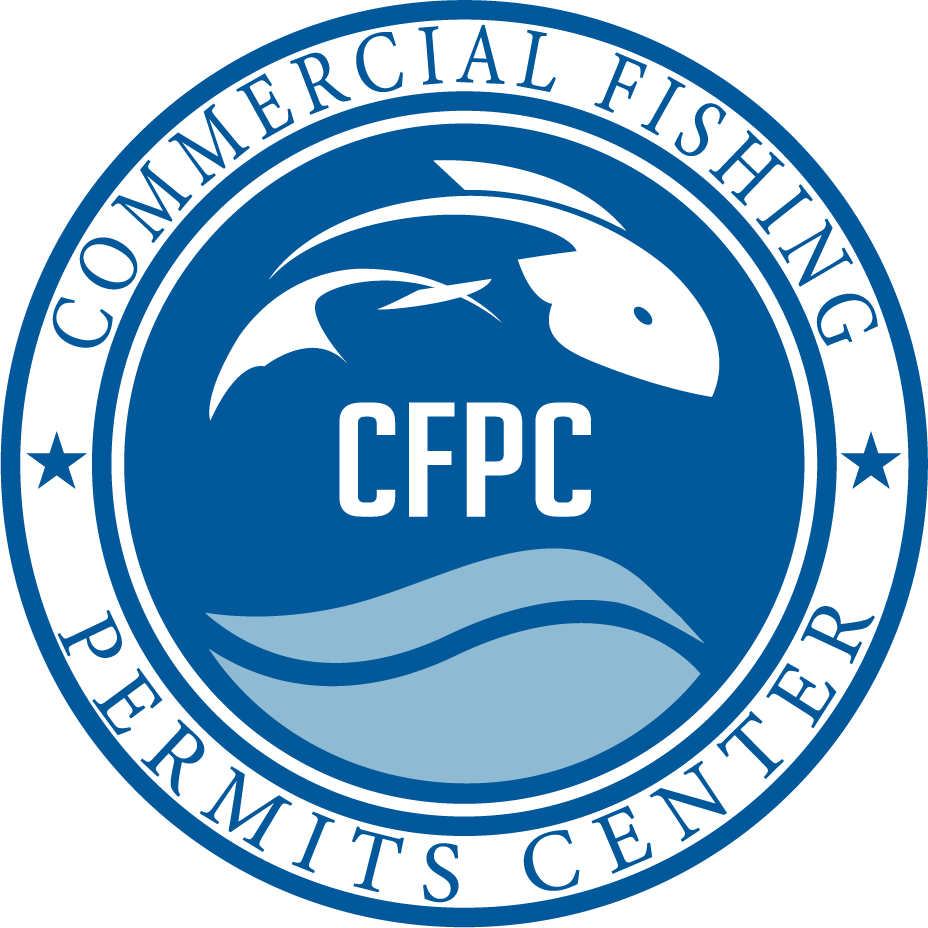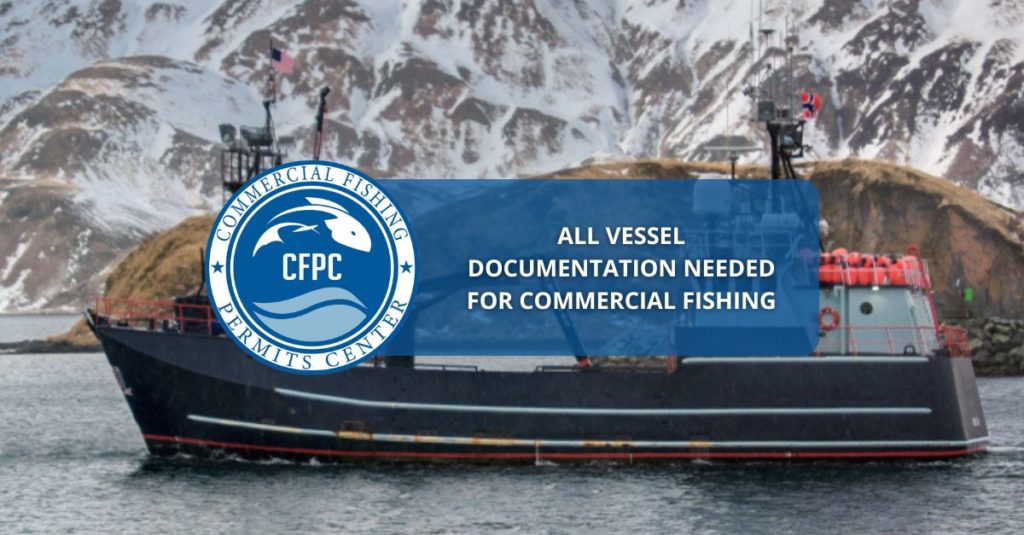Fishing vessels have been setting sail for as long as recorded history to bring back fish for consumption or exchange, making fishing one of the earliest occupations. Throughout history, societies have evolved to the point where commercial fishing is now subject to a variety of rules and regulations meant to standardize and control the industry. Nowadays, the United States Coast Guard (USCG) and the NVDC have strict regulations that commercial fishing vessels in the country must follow. Keep reading to learn all about how to easily obtain such permits.
Commercial Fishing Regulation by the USCG and the NVDC
The National Vessel Documentation Center (NVDC), along with the USCG, is in charge of managing these federal documents. These agencies currently handle the documentation for approximately 225,000 different vessels. This might sound like a lot, but because they add billions of dollars to the economy every year, commercial fishing operations are an extremely important sector of the United States economy and thus are required to be tightly regulated.
In the same way that owners have a responsibility to ensure that their vessel is fitted with the appropriate gear to operate safely, they also have a responsibility to ensure that they possess all of the required commercial vessel documentation in order to operate their boats in accordance with the law.
In What Situation Does This Documentation Apply?
Documentation through the United States Coast Guard is required for any and all vessels that meet the following criteria: to weigh at least 5 net tons, be owned in their entirety by a U.S. citizen, and most importantly, participate in fishing activities or coastwise trade. In particular, they are needed for fishing or trade that happens in U.S. waters or in the Exclusive Economic Zone, which is also called the EEZ.
The EEZ
The Exclusive Economic Zone of the United States extends out to a distance of 200 nautical miles from the baseline of the territorial sea, and it encompasses the waters off of Guam, the Commonwealth of the Northern Mariana Islands, American Samoa, the United States Virgin Islands, and Puerto Rico.
The only types of vessels that are exempt from this regulation are those that are not operated on navigable waters or EEZ fisheries, such as rivers, lakes, internal waters, or canals. Because of this, the Great Lakes in the Mid-Atlantic region are not included.
The Advantages of Adhering to the Rules and Regulations
To begin with, getting your commercial fishing vessel properly documented can save you money on taxes. This is because some states give vessels that are documented through the USCG a more favorable tax status. One additional monetary advantage is that it is much simpler to obtain a loan in order to have your vessel financed with less hassle.
Aside from the financial benefits, there are also general practical benefits. For example, if you have the right federal paperwork with you, it will be much easier to get around in international waters. Some boats can go through the waters of neighboring states without having to get extra registration, but the rules for doing so vary from place to place.
What Are the Required Documents?
It is important to note that, even if you’re missing just one of these documents, you won’t be allowed to launch your vessel into the water. Fortunately, the list of documents that are necessary for each vessel is relatively short. The first document is a certificate given out by the Coast Guard. This certificate is only good for one year after it was issued, and it needs to be renewed on a regular basis.
The second one refers mostly to any documents that pertain to the activities and transactions involving the vessel. Such documents include, but are not limited to, a bill of sale, a claim or lien, a vessel mortgage, or a transfer of interest. These documents can be used to verify the acquisition and ownership of the vessel and that it was obtained through the appropriate channels, whereas certification from the USCG proves that the vessel can legally be taken onto the water.
Last but not least, the commercial fishing industry is consistently ranked as a very dangerous area of work in the United States. Because of this, owners are required to have specific safety gear and equipment available at all times, in addition to these essential legal documents. This includes the following but is not limited to fire extinguishers, distress beacons, and personal flotation devices.
H3
Should there be any documents that need to be notarized before they can be submitted to the USCG, they must be notarized by either the U.S. Notary or a U.S. Consulate notary service. Documents that need to be notarized can only be used in the United States, but documents that need an apostille can be used when traveling abroad.
These documents need to be kept on the vessel at all times. There is a possibility for owners to make copies of them or request duplicates in the event that the original is misplaced, stolen, or damaged.

Never Allow Yourself to Be Caught Unprepared.
Keeping track of all the necessary documentation for your commercial fishing vessel can be a real pain. There are a lot of forms and documents that need to be routinely renewed or brought up to date, and it can be difficult to keep track of all of these.
The Commercial Fishing Permits Center not only provides you with immediate access to those forms so that you can easily complete and submit them, but we are also available to assist you with any questions that you might have regarding the application process. If you need assistance with any of the forms, you can speak to a member of our staff by calling (866) 292-4204. They will be able to guide you through each form in a step-by-step manner.


No Comments
Be the first to start a conversation